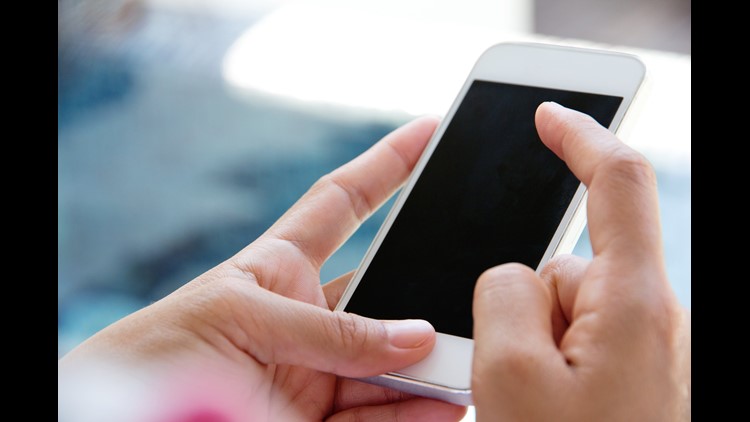Airlines that fly from certain countries in the Middle East and Africa to the U.S. must soon require passengers to check in almost all electronic devices rather than carry them into the cabin, a U.S. official said.
The official said this will impact some airlines flying into the United States. Another U.S. administration official says this covers devices larger than a cellphone.
An aviation official told CNN that there is a security concern regarding passengers boarding nonstop flights to the U.S. from specific countries. This relates to the “screening in [some] countries” for nonstop flights to the U.S.
They added that they believe a threat to the U.S. would be negated if a passenger transferred through a secondary city with additional and more trustworthy screening procedures. The directive is to ensure enhanced security measures at select airports for a limited duration.
In a written statement, the Department of Homeland Security said, “We have no comment on potential security precautions, but will provide any update as appropriate.”
A State Department official says embassy officials have been notifying relevant countries and airlines.
Another U.S. official says the ban on some electronics is believed to be related to Al Qaeda in the Arabian Peninsula or AQAP. The intelligence community has been tracking this threat for some time, but the official said that some information from a recent U.S. Special Forces raid in Yemen contributed to the ongoing concern.
AQAP has been actively trying to build bombs that contain little or no metal content to target commercial aircraft. And the group’s chief bomb maker, Ibrahim al-Asiri, has trained others to do so. To date, they are the only terror organization that has shown a marked effort to try to attack airlines, the officials said.
A third U.S. official said there has been concern about attacks via electronics for some months, but there wasn’t enough information to warrant an airline action before.
An aviation official said U.S. carriers are not affected because none flies directly from the countries in question to the United States.
Neither source would specify what airlines were impacted beyond Royal Jordanian Airlines, which tweeted Monday that it will ban most electronics from the cabins on its flights to and from its North American destinations.
Royal Jordanian later deleted its tweet without explanation.
The Amman, Jordan-based carrier said that starting Tuesday it will only allow phones and medical devices to be carried in the cabin of its flights. All other electronics would be “strictly prohibited.” The airline cited “concerned U.S. departments” without offering additional explanation.
The carrier said that laptops, tablets, DVD players and electronic games must be stored in checked baggage for its flights.
Royal Jordanian told CNN by Twitter message that “further updates will be announced soon.”
The airline serves New York’s John F. Kennedy International Airport, Chicago’s O’Hare International Airport, as well Montreal and Detroit.
In 2014, the Transportation Security Administration required some passengers to show their electronics could power up over concern explosives were hidden in the devices.



